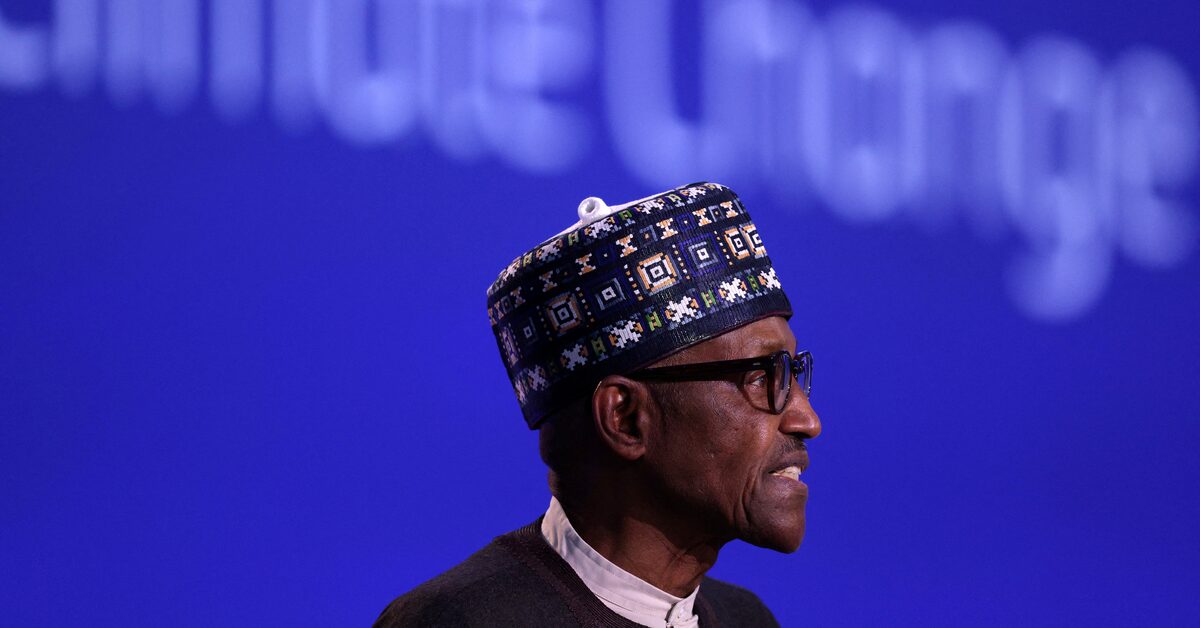Content warning - boring shit below.
For those economically minded, the DRC runs an annual budget deficit, and is a net importer of funds to meet its spending and debt obligations. According to the World Bank, the DRC fiscal deficit deteriorated from minus 0.8% of GDP (2021) to minus 2.7% (2022). The 2023 budget deficit is expected to approximate 1.5% of GDP.
The World Bank's Doing Business report (2020) ranked the DRC at 183 out of 190 economies.
If Zijin and its acolytes stopped under-reporting the amount of mineral ore extracted, stopped selling extracted minerals to their Chinese partners at cheap rates, paid their fair share of tax, paid their Congolese workers properly, stopped bribing officials to get around environmental and workforce regulations, and generally made a positive contribution to local society, then maybe Felix would not need to go to China with a begging bowl.
Oh, and if AVZ eventually takes the DRC govt to the ICC in order to get justice and claim damages for the illegal loss of Manono, this is one way the DRC may meet its multi-billion dollar ticket:

 www.reuters.com
www.reuters.com
Cheers
F
For those economically minded, the DRC runs an annual budget deficit, and is a net importer of funds to meet its spending and debt obligations. According to the World Bank, the DRC fiscal deficit deteriorated from minus 0.8% of GDP (2021) to minus 2.7% (2022). The 2023 budget deficit is expected to approximate 1.5% of GDP.
The World Bank's Doing Business report (2020) ranked the DRC at 183 out of 190 economies.
If Zijin and its acolytes stopped under-reporting the amount of mineral ore extracted, stopped selling extracted minerals to their Chinese partners at cheap rates, paid their fair share of tax, paid their Congolese workers properly, stopped bribing officials to get around environmental and workforce regulations, and generally made a positive contribution to local society, then maybe Felix would not need to go to China with a begging bowl.
Oh, and if AVZ eventually takes the DRC govt to the ICC in order to get justice and claim damages for the illegal loss of Manono, this is one way the DRC may meet its multi-billion dollar ticket:

Outgoing Nigerian president issues $1.18 bln notes to settle judgment debts
Nigeria has issued debt securities worth $1.18 billion to settle various judgment debts, outgoing President Muhammadu Buhari said in a public letter requesting parliament's approval.
Cheers
F
Last edited:





